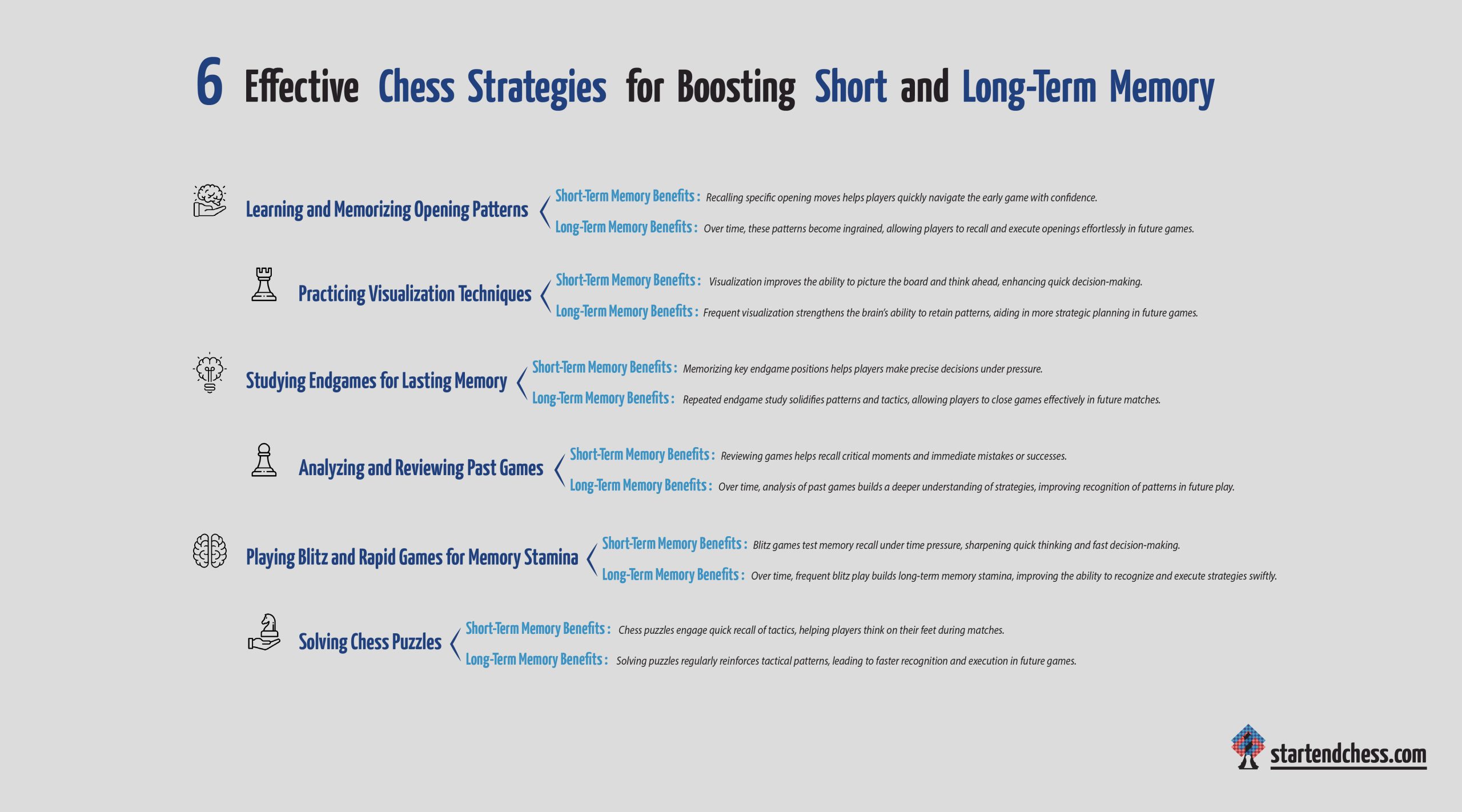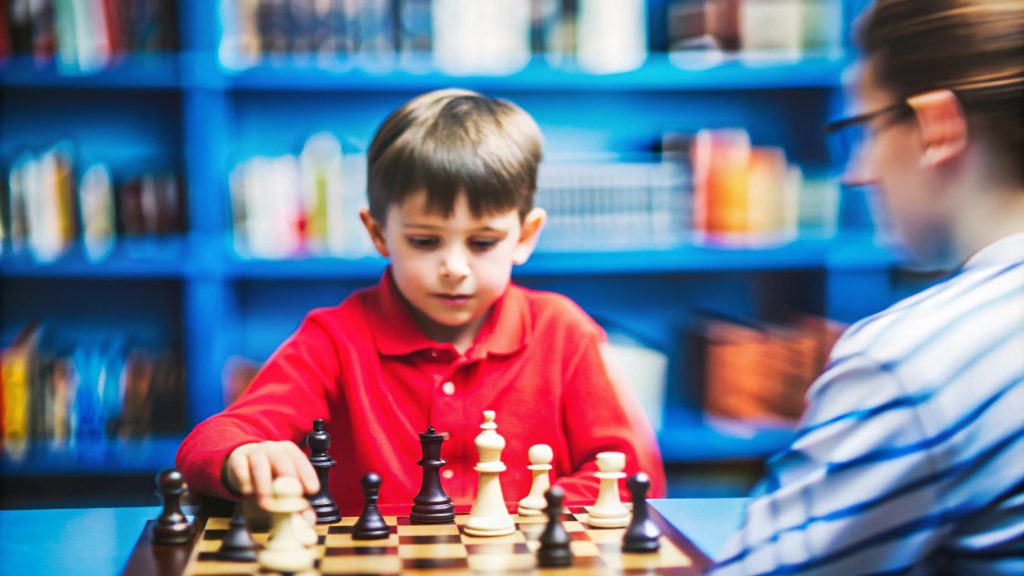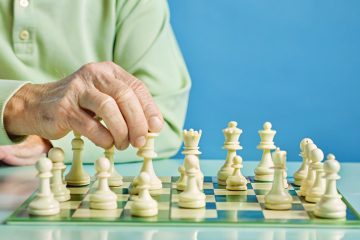6 Effective Chess Strategies for Boosting Short and Long-Term Memory
Chess isn’t just a game; it’s like a gym workout for your brain! One of the standout benefits of playing chess is how it can boost your memory. Think about it—whether you’re trying to recall tricky opening patterns or plotting your next move, chess engages both your short-term and long-term memory in ways that few other activities can. In this article, we’ll explore some effective chess strategies for boosting short and long-term memory and see how this classic game sharpens your mind.

-
Learning and Memorizing Opening Patterns
Short-Term Memory Benefits
The initial moves of a chess game, known as openings, lay the groundwork for everything that follows. By practicing different opening sequences, you tap into your short-term memory. This means you’ll quickly remember which moves work best against various strategies—like the Sicilian Defense or Ruy Lopez—when it matters most. It’s like having a mental toolbox ready to go!
Long-Term Memory Benefits
With repeated practice of these openings, they start to stick. Before you know it, you won’t even have to think about them; they’ll just flow naturally. This kind of pattern recognition is vital for quick recall during games and helps build a solid chess repertoire over time.
Pro Tip: Begin with a few key openings. Master them first before expanding your list. Writing down the moves can reinforce what you’ve learned.
-
Practicing Visualization Techniques
Short-Term Memory Benefits
Chess is often called “mental gymnastics” because it requires you to visualize several moves ahead. This means keeping track of the board while anticipating how pieces might move. It’s an excellent workout for your short-term memory and enhances your spatial awareness too.
Long-Term Memory Benefits
As you get better at visualizing, your brain builds stronger pathways for recalling past games and strategies—even when you’re not at the chessboard. This skill comes in handy for planning and problem-solving in everyday life.
Pro Tip: After every move, try closing your eyes and picturing the board in your mind. Imagine how different pieces would move and what threats might emerge.
-
Studying Endgames for Lasting Memory
Short-Term Memory Benefits
Endgames, where only a few pieces remain, are fantastic for boosting your memory. You need to remember where each piece is and calculate your path to victory, which really hones your short-term recall skills.
Long-Term Memory Benefits
Many endgame patterns repeat, so once you master one, you can apply that knowledge in future games. The more you practice, the easier it will be to remember those crucial positions.
Pro Tip: Focus on basic endgame strategies like opposition and zugzwang to strengthen both your short- and long-term memory.
-
Analyzing and Reviewing Past Games
Short-Term Memory Benefits
One of the best ways to improve your memory is by reviewing your past games. Reflecting on what went well, what didn’t, and where you missed opportunities keeps your short-term memory sharp.
Long-Term Memory Benefits
In the long run, this review helps you recognize patterns in your play and that of your opponents. It strengthens your memory of similar situations that may arise in future games and builds a mental library of strategies.
Pro Tip: Use a chess engine or work with a coach to analyze your games. Take notes during the review and revisit them to reinforce your learning.
-
Solving Chess Puzzles
Short-Term Memory Benefits
Chess puzzles are a great way to boost your short-term memory. They challenge you to think critically and remember different tactics—like pins, forks, and skewers—often under time constraints. It’s a fun way to get your brain working!
Long-Term Memory Benefits
Regularly tackling puzzles helps embed those tactics into your long-term memory. Before long, you’ll recognize these tactical motifs effortlessly during games. Solving various puzzles trains your brain for quick pattern recognition.
Pro Tip: Set aside time each day to solve a few puzzles. Start with easier ones and gradually increase the difficulty.
-
Playing Blitz and Rapid Games for Memory Stamina
Short-Term Memory Benefits
Blitz and rapid games are fantastic for building your short-term memory. You have limited time to think, so you must remember key strategies without overthinking—perfect for developing quick recall skills.
Long-Term Memory Benefits
The more you play blitz and rapid games, the better you become at retaining positions and tactics. These fast-paced games force your brain to work efficiently, storing important lessons for later use.
Pro Tip: Mix in blitz and rapid games into your practice routine. Over time, you’ll notice improvements in your memory and ability to handle time pressure.

Conclusion
Incorporating these chess strategies for boosting short and long-term memory into your routine is a fantastic way to enhance your cognitive function. From memorizing openings to visualizing moves and solving puzzles, each technique strengthens your short-term recall and long-term retention. Plus, the skills you develop will benefit you in everyday life.
By consistently applying these strategies, you’ll see significant improvements in your chess performance and mental sharpness. So, whether you’re diving into rapid games or analyzing past matches, these chess strategies for boosting short and long-term memory will provide lasting benefits. Embrace these techniques and watch your memory and chess skills soar!
We’ve also created a podcast to accompany this article, offering the same insights in an audio format. If you enjoy listening, check it out!
We’ve prepared a podcast to accompany this article, offering the same insights in an audio format. If you enjoy listening, give it a play!
References:
-
- Charness, N., & Ellsworth, P. C. (1978). “Skill in Chess and the Development of Cognitive Abilities.” The Journal of Psychology.
- Sala, P., Gobet, F., Trinchero, R., & Ventura, S. (2017). “Cognitive Benefits of Chess Instruction: A Systematic Review.” Educational Research Review.
- Burgoyne, A. P., et al. (2020). “The Effect of Chess on Cognitive and Social Skills in Primary School Children: A Randomized Controlled Trial.” Educational Psychology.



1 Comment
alexvish · 13/12/2024 at 03:53
Looking for business contact details? Let me do the hard work for you! Get all the info you need for just $30 https://telegra.ph/Personalized-Contact-Data-Extraction-from-Google-Maps-10-03 (or telegram: @chamerion)